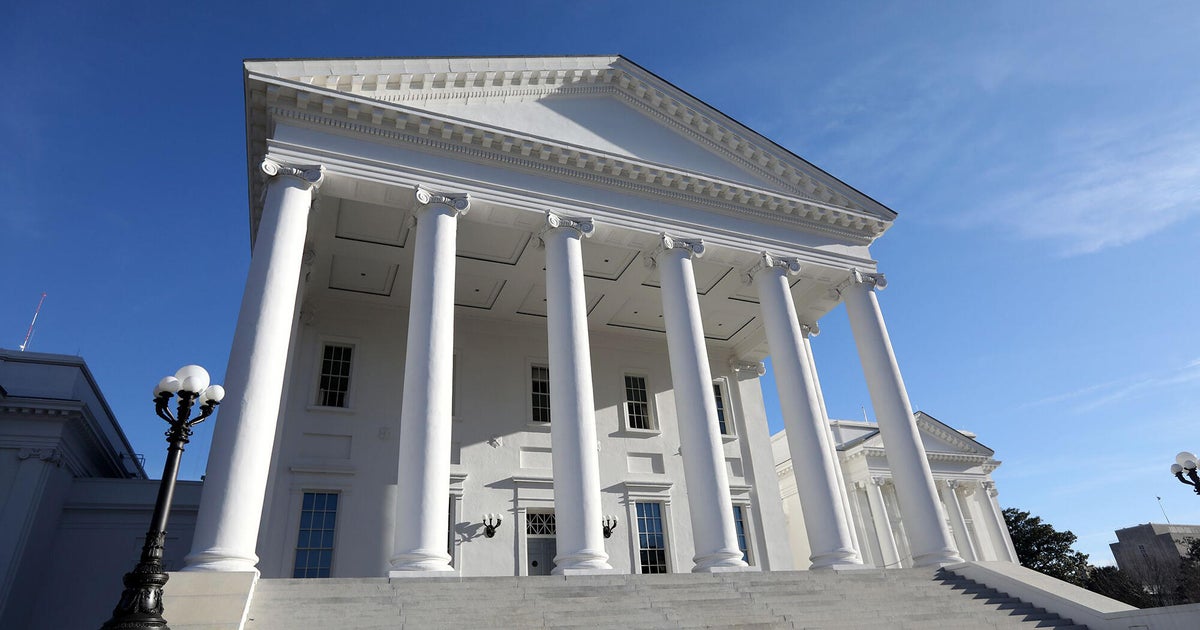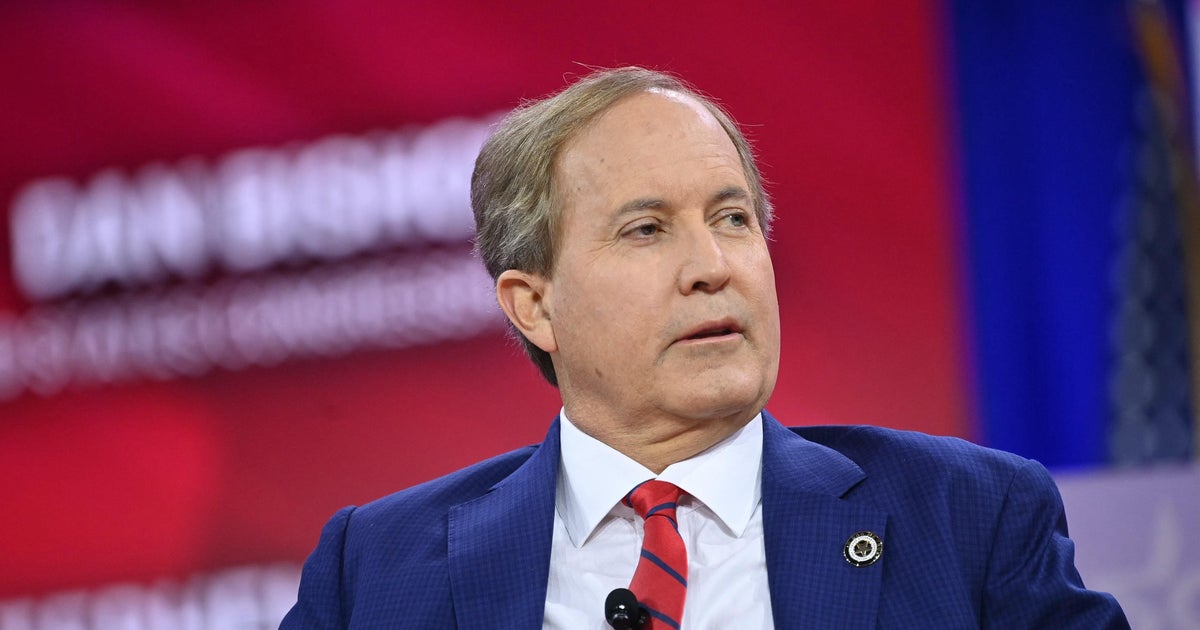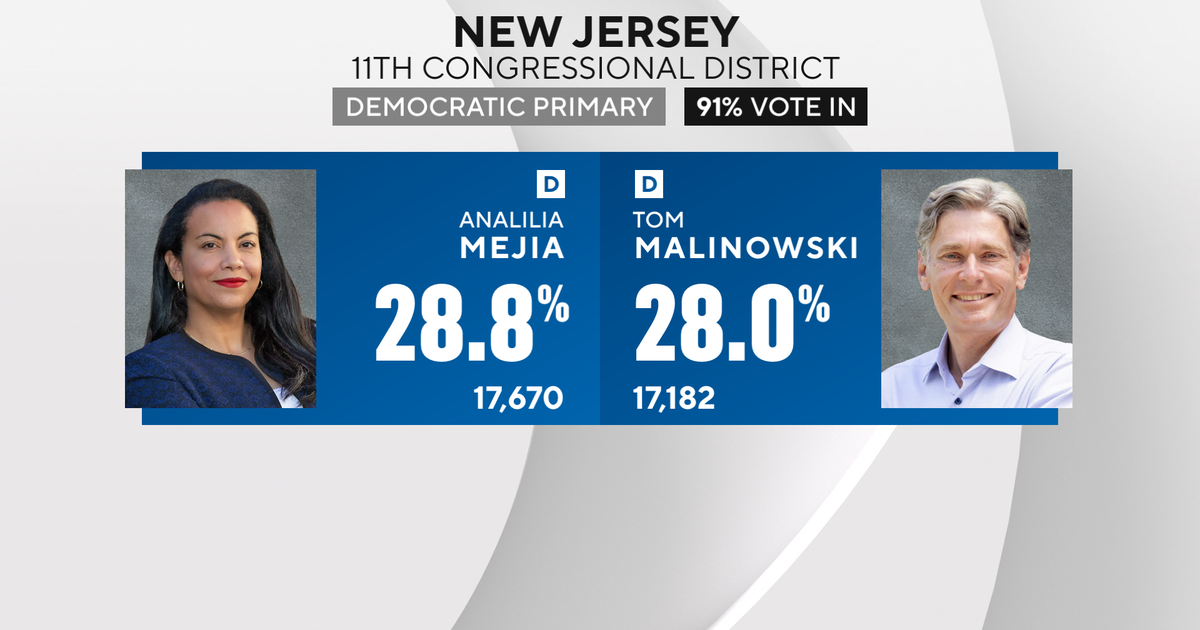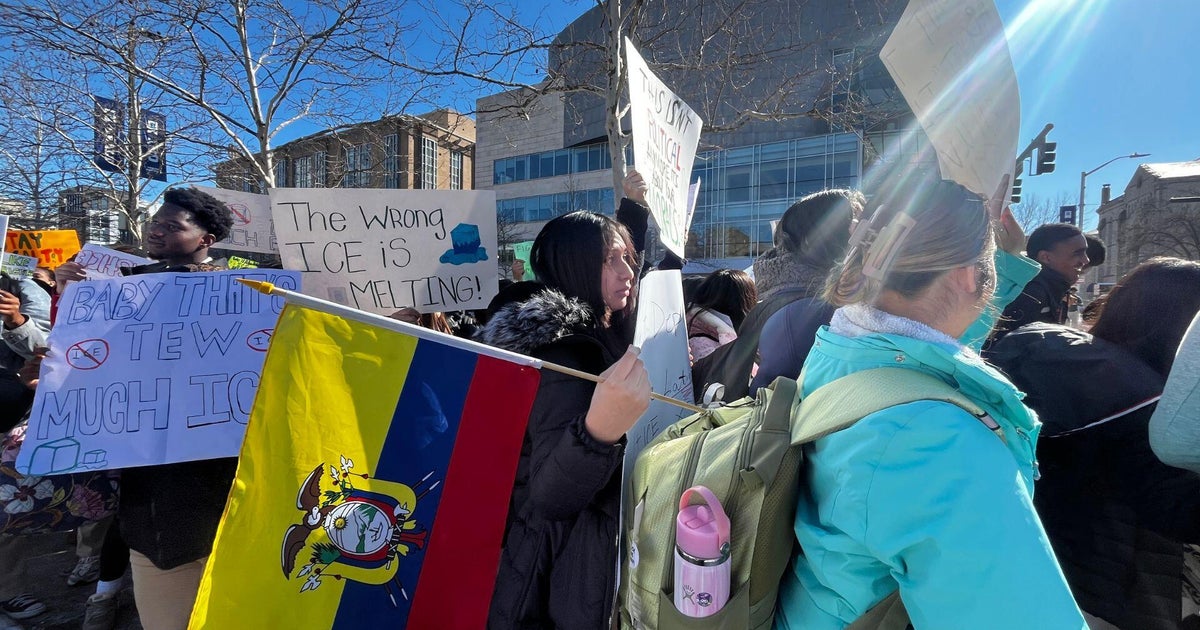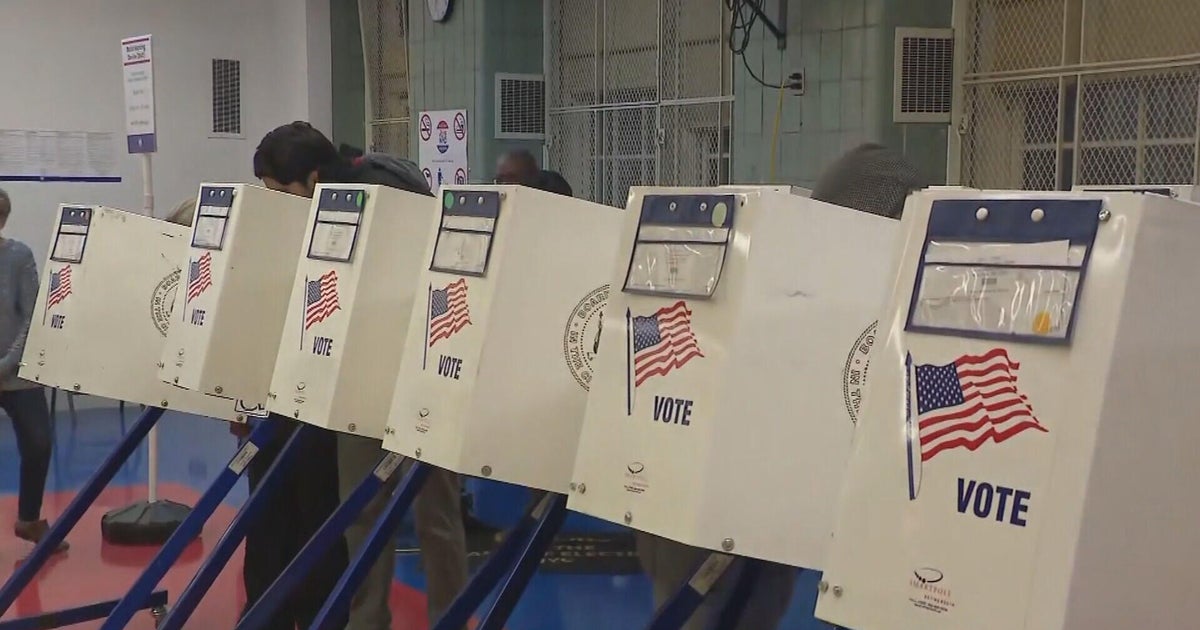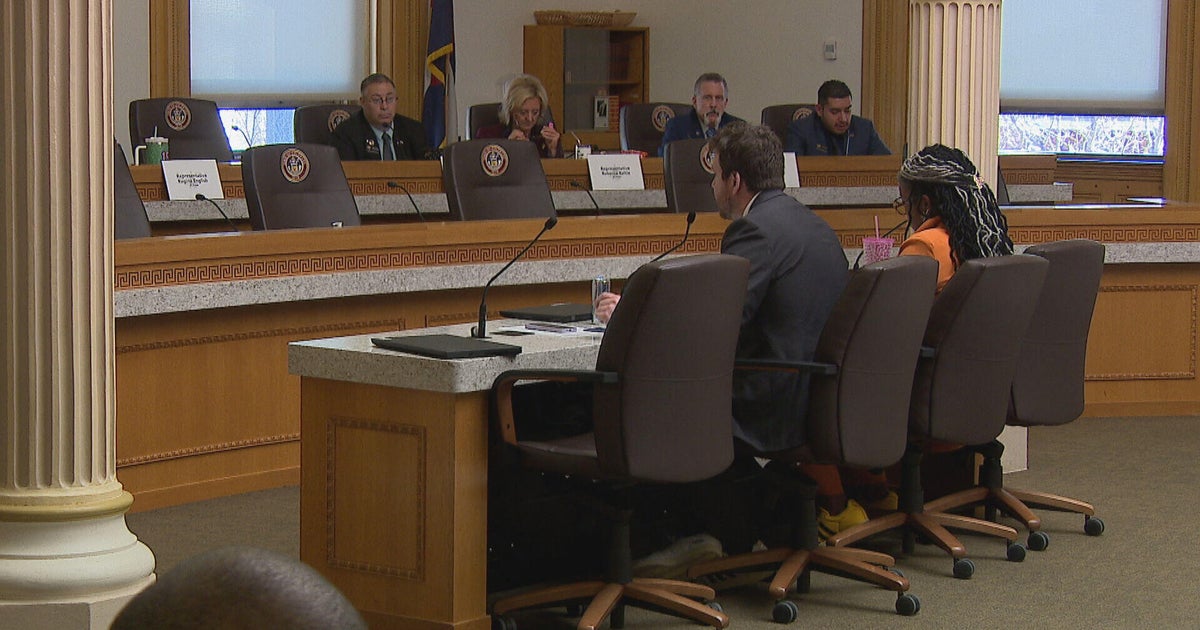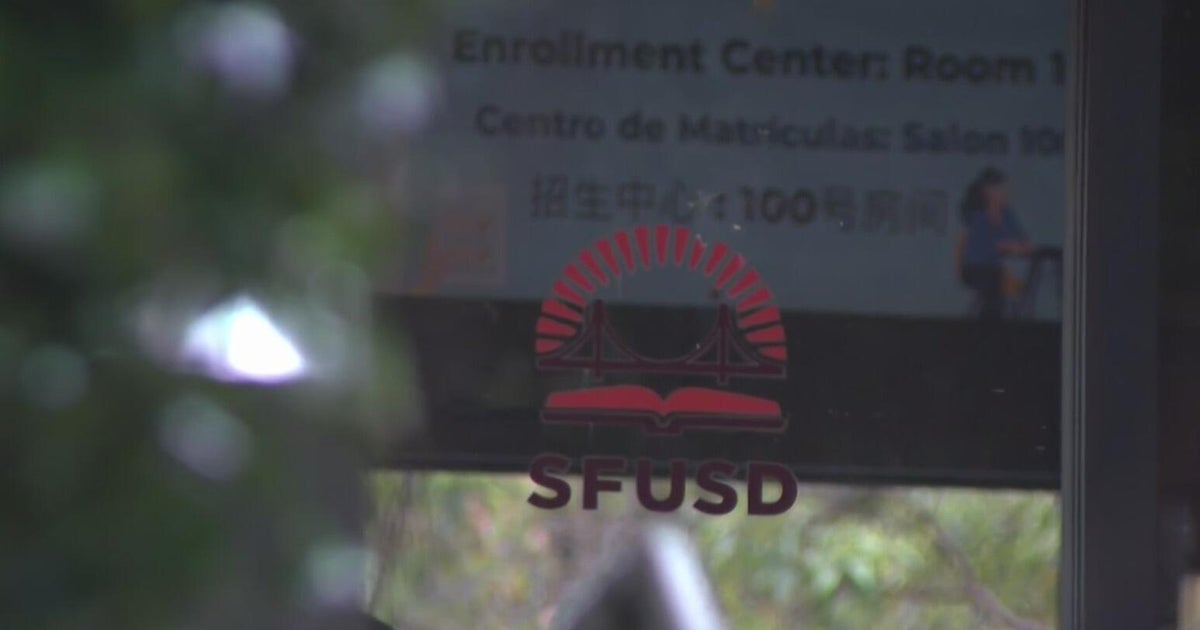Democrats Protest GOP Plan For Split Texas Primaries
SAN ANTONIO (AP) - Texas Republican leaders, worried that Gov. Rick Perry's own state will be rendered irrelevant in selecting the GOP presidential nominee, asked a federal court Tuesday to preserve a March primary date despite uncertainty that the state's voting maps will be set by then.
Democrats pushed for a single primary to prevail, and county elections administrators testified that separate primaries would double taxpayer costs by millions of dollars and diminish turnout by confusing voters. Both political parties will meet with a mediator Thursday to try to reach a compromise.
"I do think that how the (GOP presidential) race is developing, that Texas would have potential at losing significant influence if the primary is delayed," Texas Republican Party chairman Steve Munisteri said.
Proposals kicked around Tuesday in a San Antonio courtroom included having two primaries, one in March and another May, with the March date potentially being a presidential primary only. All congressional, statewide and local races would then be decided May 29.
Democrats appeared to favor a holding single primary for all elections April 3, after the legal wrangling surrounding new redistricting maps would presumably be settled once and for all.
But Texas Republicans want to preserve an early March primary so the state won't be an afterthought in the GOP presidential race, which includes Perry. Munisteri never mentioned Perry while testifying Tuesday, and at one point, used presidential candidates Mitt Romney and Ron Paul as hypothetical examples in a scenario about how the state party would apportion delegates.
Speaking with reporters following Tuesday's daylong hearing, Munisteri shot down a question about whether his party was focused on preserving an early primary because the state's top Republican was on the presidential ticket.
"Before Gov. Perry even announced, and when the state party thought he wasn't running, we favored an early primary," he said.
Luis Vera, an attorney for the League of United Latin American Citizens, one of the groups that sued the state over the GOP-drawn redistricting maps, said primary dates wouldn't be an issue if Perry wasn't running.
"The (heck) with everyone else, Rick Perry wants an early primary. They don't care about anything else," Vera said.
Munisteri said Thursday's session with a mediator in Austin would decide whether the two parties can reach an agreement. One issue that appeared resolve were filing deadlines, with both sides agreeing to extend the current deadlines to Monday and then hold a later filing period once new voting maps were finally in place.
Texas' 2012 primaries were thrown into tumult by the legal wrangling surrounding how the state's political voting maps will look for the next decade. Minority groups have sued in federal court, claiming the plan approved this year by the Republican-controlled Legislature didn't reflect the growth in the state's Hispanic and black populations.
With two unresolved court cases, the San Antonio judges issued temporary maps for the Legislature and U.S. House that could be used in the 2012 primary elections. The U.S. Supreme Court, however, granted a request from Texas Attorney General Greg Abbott last week to block those maps.
The high court will hear oral arguments on the matter Jan. 9.
"Chaos" was a fashionable word among judges and party leaders Tuesday to describe the situation and how a decision on primaries would be settled.
"We must be concerned, at the end of the day, about the taxpayer, who's going to foot this bill, and the voter who may have to vote twice," U.S. District Judge Orlando Garcia said.
Dallas County elections administrator Toni Pippins-Poole said holding two primaries would cost an additional $600,000. For the San Antonio area, Bexar County elections administrator Jacque Callanen testified a second primary would cost as much as an additional $750,000.
Both said their counties, dealing with budget crunches, don't have money allocated for an additional primary. Maverick County Judge David Saucedo said his rural border county might have to lay off government workers to pay for an additional primary, which he estimated would cost $89,000.
Saucedo said other rural counties would be in similar situations.
"There's not enough money to foot the bill," he said.
A compromise of sorts was offered by Travis County Clerk Dana DeBeauvoir, who suggested a single April 3 primary date. Primary runoff elections would then occur on June 26.
The plan would accommodate early voting laws for U.S. soldiers serving overseas and be half the cost of holding two elections, DeBeauvoir said. Her plan presumes the state's legislative and congressional maps would be sorted out by then.
"It's a tight fit, but it's doable," DeBeauvoir said.
A March 6 primary benefits in his bid for the presidency by allowing him to rack up delegates early in the race, but a second, much-later primary means a likely low turnout for other Republican races, which will give conservatives and tea party activists a major advantage.
Needless to say, more moderate and incumbent Republicans favor a unified primary.
(© Copyright 2011 The Associated Press. All Rights Reserved. This material may not be published, broadcast, rewritten or redistributed.)
